
New software simplifies BYOD management
The US mobile workforce is set to grow to 105.4 million workers by 2020 according to IDC and this creates a challenge for businesses trying to control and secure deployments.
In a bid to make things easier, networking solutions company Brocade is launching its latest Ruckus Cloudpath platform to enable IT organizations of any size to easily establish secure, policy-based access for wired and wireless devices.

Traditional retailers need to engage customers via mobile or lose them to online sellers
As we approach the holiday season retailers will be looking forward to the annual boost in sales that it brings. But a new survey from Euclid Analytics reveals that if retailers don’t employ digital strategies to engage shoppers they risk losing them to online merchants like Amazon.
Mobile and social media adoption means a different shopping experience for consumers who are looking to make holiday purchases. They could be shopping at a physical store, while at the same time comparing prices and looking for coupons via Facebook on their smartphones.
Looking for a case for the new Google Pixel? Incipio has some choices
Google recently released two new flagship Android phones -- the Pixel and Pixel XL.
Designed to be serious iPhone rivals, these handsets represent a large investment and one that any buyer would certainly wish to keep safe. To that end, Incipio is releasing a lineup of cases to keep your Pixel or Pixel XL protected.
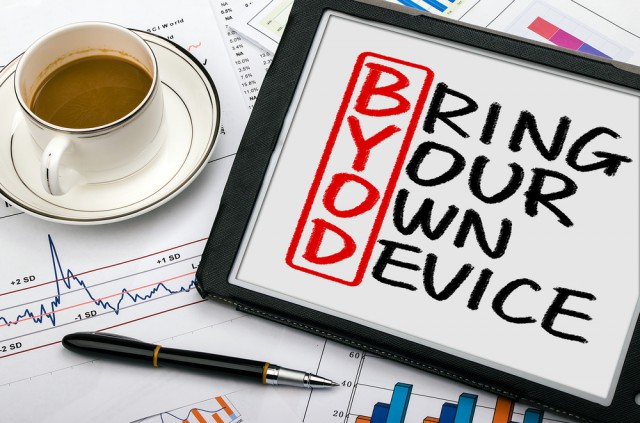
What you need to know about BYOD
With the rise of smartphone technology, BYOD -- or bring your own device -- certainly cannot be ignored by businesses. Whether they endorse the policy of using personal devices for workplace tasks or not, employees will use the best tools, or those they are most familiar with, to complete tasks, which frequently means using their own smartphone.
Of course, this extends far beyond simply taking work calls. Smartphones in the workplace are now being used to access corporate applications and perhaps more importantly, the data that they contain. Disregarding the mobility benefits of BYOD, this raises a number of security risks that businesses must consider.

Adding facial recognition to mobile helps reduce fraud
Doing more of our day to day transactions online increases the risk of falling victim to some kind of fraud. Increasingly therefore companies are turning towards biometrics to ensure users are who they say they are.
Digital verification company Jumio is adding biometric facial recognition to its Netverify product to verify users on mobile devices.
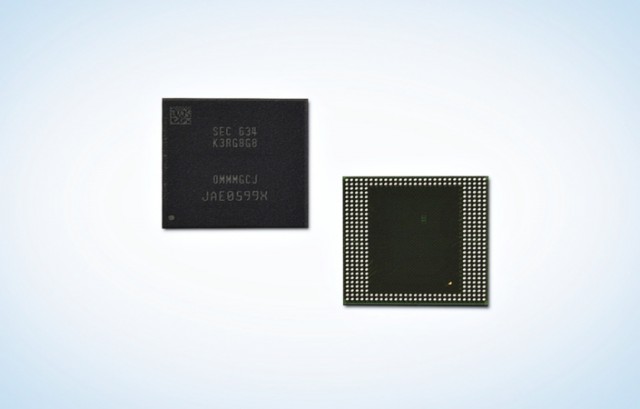
Samsung's 8GB RAM module will let you run virtual machines on mobile devices
Pretty soon it will be common for high-end smartphones to have as much -- if not more -- RAM than your PC, as Samsung just unveiled a new 8GB LPDDR4 module for mobile devices featuring large, UHD displays.
Samsung believes that mobile devices equipped with 8GB of RAM will be able to handle 4K video playback with ease but also virtual machines. The latter scenario is not a common on smartphones and tablets, but Samsung wants to bring mobile devices on a similar level to desktops and laptops, at least in consumers' minds.

Mobile games pose a risk to business
Mobile games are increasing in popularity, boosted by augmented reality apps like Pokémon GO. But if individuals are using their devices for BYOD too then these games could present a major security risk.
According to a new study from licensing specialist Flexera Software which tested 60 of the most popular iOS games, 73 percent support location services and tracking. 68 percent support social networking, 58 have calendar access and 54 percent support SMS.
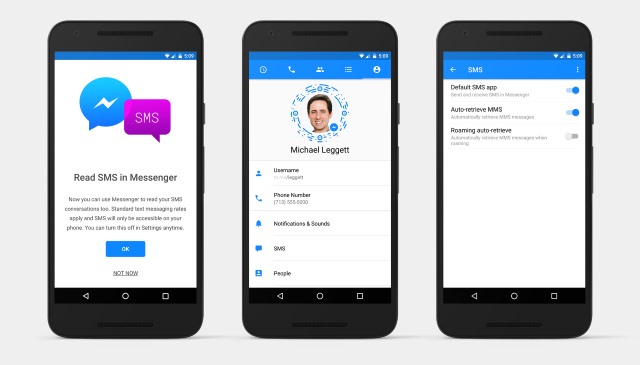
Facebook Messenger gets data-saving mode in beta, test it now
Little more than a week ago, Hurricane Matthew rolled up the southeastern US coast, wreaking havoc from Florida to North Carolina, with the latter seemingly getting the smallest hit, though it turned out the worst in the long run. My cousin, located there, was without power for some 48 hours and was forced to place his phone in power-saving mode. This eliminated Messenger and all information we received from him afterwards came from texts.
SMS, it seems, is fine in that mode, but Messenger was not -- he claimed he could see that he had messages, but he couldn't read them.
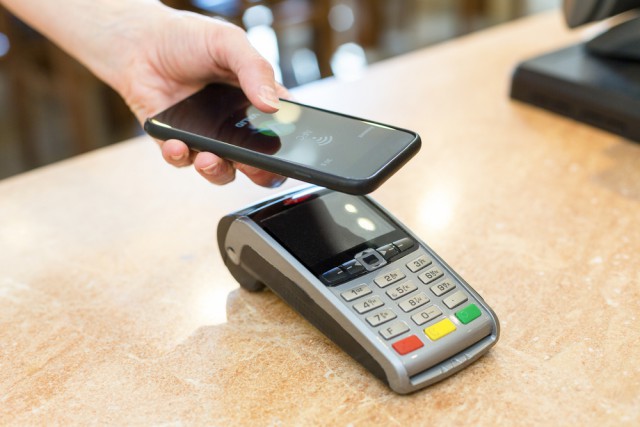
How incentives are key to driving mobile wallet use
Mobile wallets are gaining in popularity, according to a new survey by loyalty platform Points almost 64 percent of consumers say they've used a mobile wallet in the past year.
However, some consumers are still reluctant to make mobile payments for a variety of reasons. 47 percent are concerned about security and privacy, 45 percent say that credit and debit cards and/or cash are enough, and 20 percent say it’s too complicated.
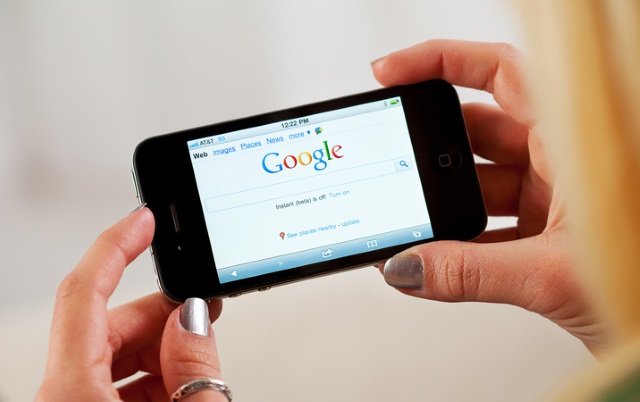
Google will show different search results to mobile and desktop users in the coming months
At the moment it does not matter whether you perform a Google search from your phone or from your computer; you'll see the same results. But in a few months this is set to change. The company is set to launch a new mobile search index that will be more up to date than the desktop index.
The news came at Pubcon, a social media and optimization conference, via Google's trends analyst Gary Illyes. It was an idea that was floated last year, and after a little experimentation, Google is almost ready to launch the new search index.

Shopping apps targeting women generate better profits
Marketers must target women if they are looking to succeed and make profits in the mobile sector, according to a new report.
The Mobile App Engagement Index from performance based marketing platform Liftoff analyzed 7.3 million app installs across five sectors to unearth key app trends from the first half of this year. It finds that female customers are not only more likely to make a purchase in both mobile e-commerce and gaming apps, they are also less expensive to acquire compared to their male counterparts.
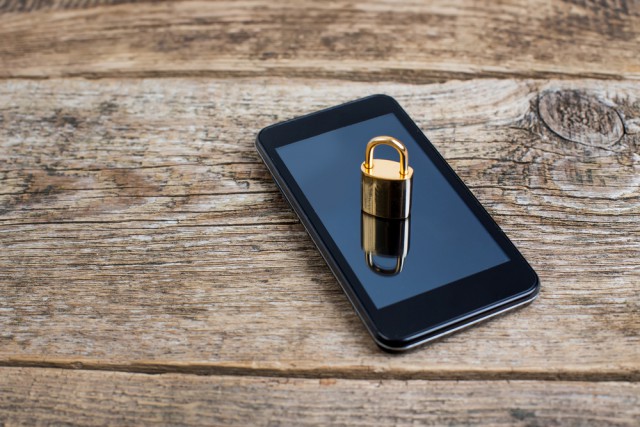
Ransomware becomes biggest security threat on Android
Android users, beware. Ransomware for your favorite mobile operating system is picking up -- it's now the main threat in the US, UK, Germany, Denmark and Australia, in the first half of 2016.
These are the figures from security organization Bitdefender. Its report claims the Android SLocker ransomware family accounts for almost half of all mobile malware reported by infected devices in the first half of 2016 in Denmark.
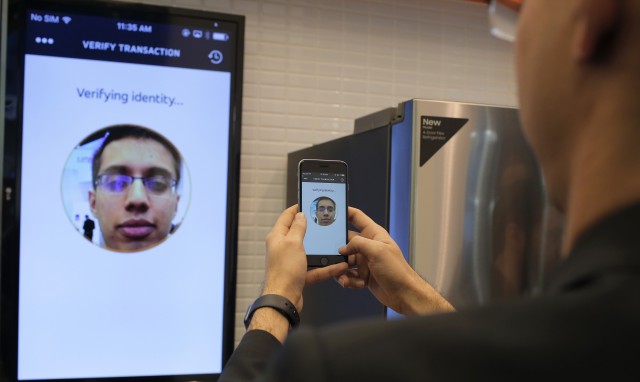
Mastercard rolls out biometric payments in Europe
MasterCard has just rolled out a new feature that should simplify online shopping, without making any compromises in security. The feature, called Identity Check Mobile, allows users to use biometrics like fingerprint scanning or facial recognition to verify their identity before making a purchase, eliminating the need for passwords or PIN codes.
At the moment, the technology is being introduced in 12 European countries: the UK, Austria, Belgium, Czech Republic, Denmark, Finland, Germany, Hungary, the Netherlands, Norway, Spain, and Sweden. Worldwide rollout is expected next year, although no specific dates have been given.
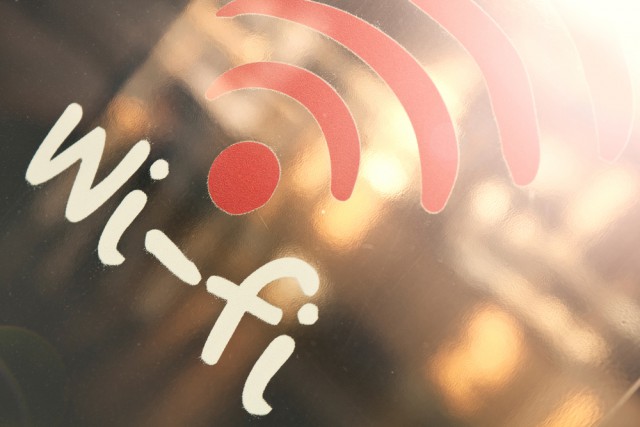
Free Wi-Fi is a 'major factor' when choosing a restaurant
Choosing between a restaurant offering free Wi-Fi and one that doesn't, two thirds (66 percent) of consumers will go with the one that allows free connectivity, according to new research. Hughes Europe's new report says access to free Wi-Fi has become a "major factor" when consumers are faced with eating and drinking choices.
Almost half (46 percent) also say this affects their choice of shops. "Our survey explores how consumers increasingly expect access to Wi-Fi when they shop, enter a restaurant or look for somewhere to stay", says Chris O'Dell, vice president of sales and marketing, Hughes Europe.

Android users can help map mobile coverage in the UK: iPhone owners need not apply
Looking to paint a more accurate picture of what mobile coverage is like across the country, UK communications regulator Ofcom has released an app that can pull in data from millions of Android users.
The app, called Ofcom Mobile Research, is only available for Android and has been designed to measure not only mobile broadband performance, but also voice call quality. While building up a mass of data from participating Android users, iPhone owners are locked out of contributing because of the way iOS works.
